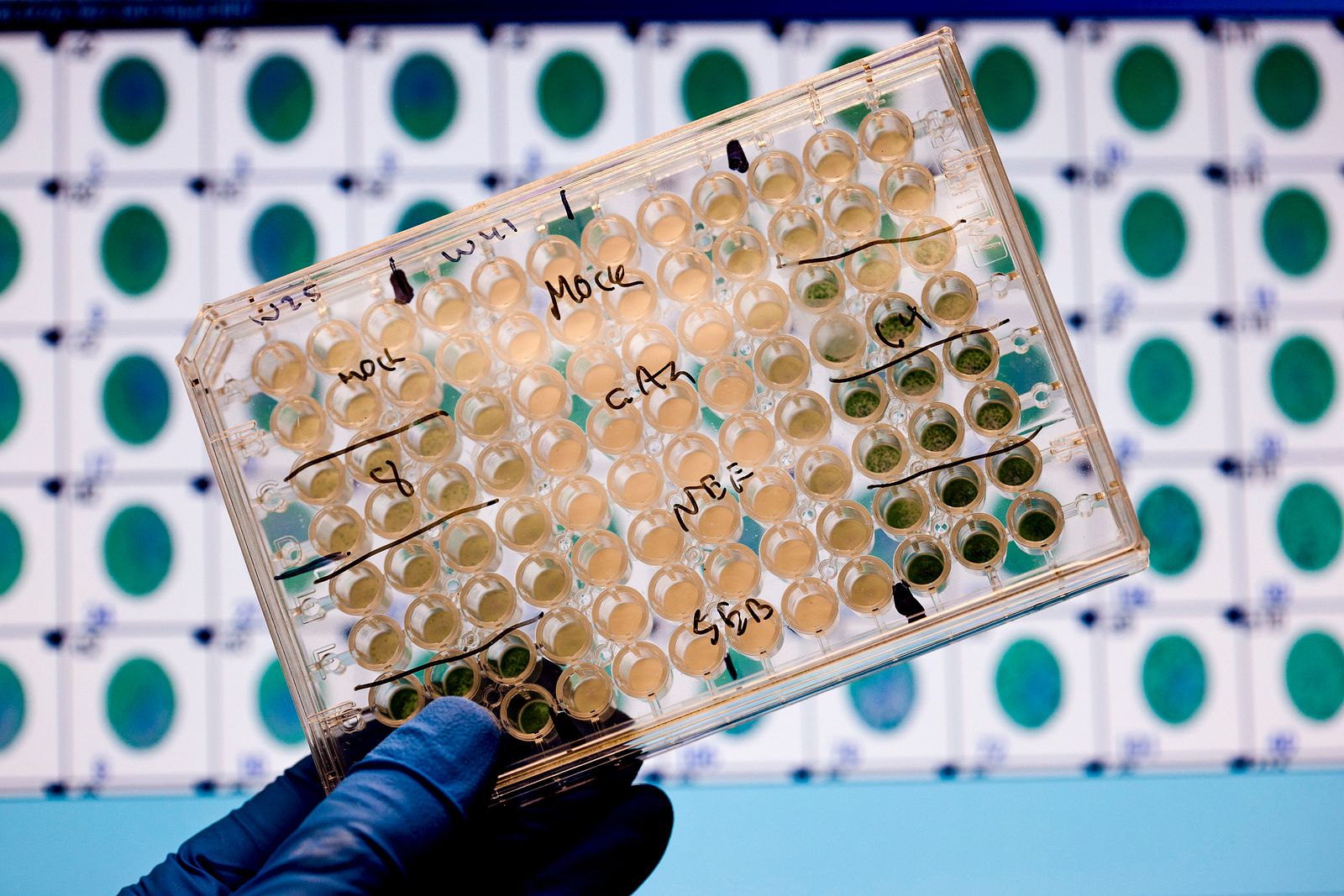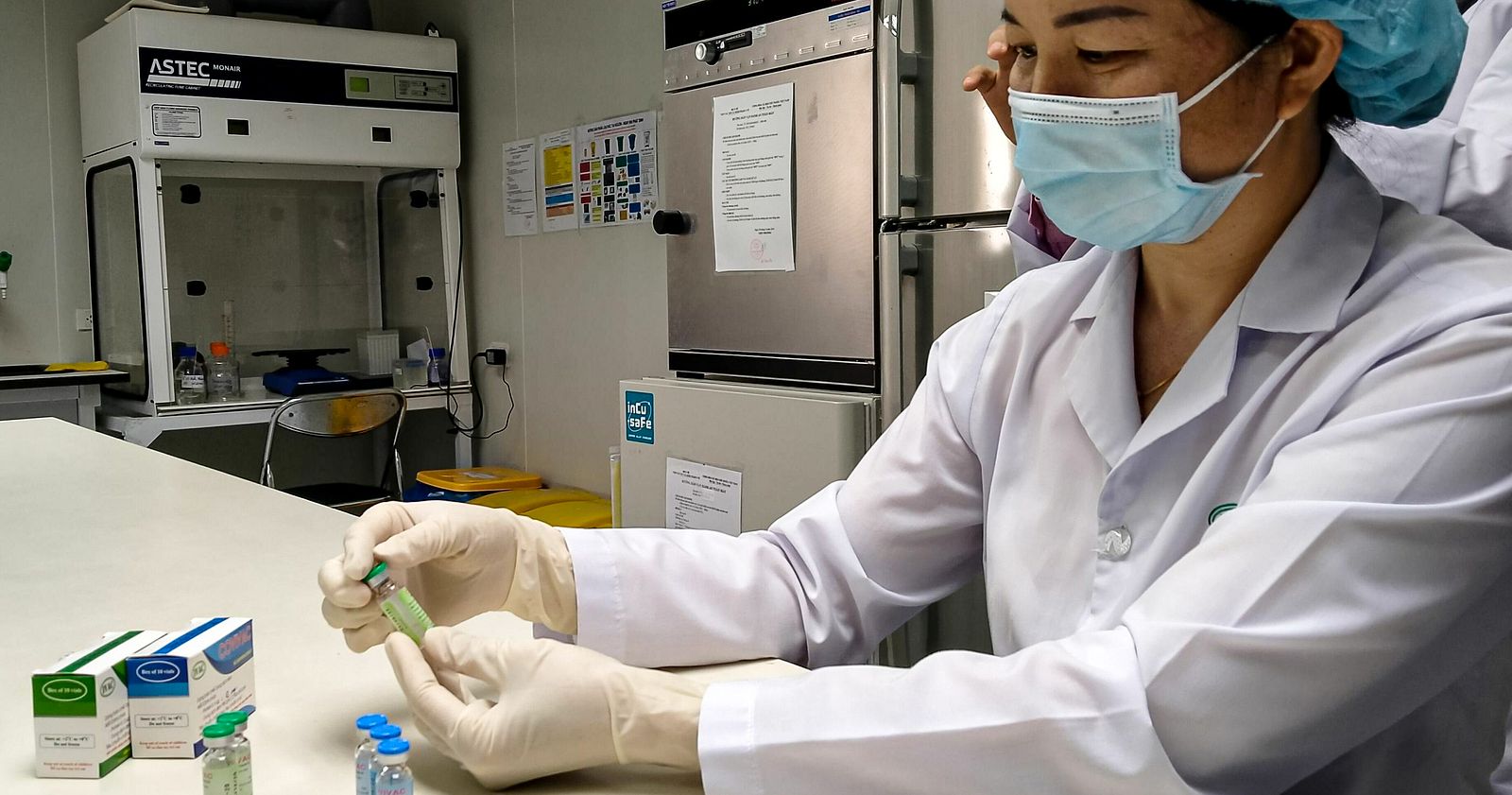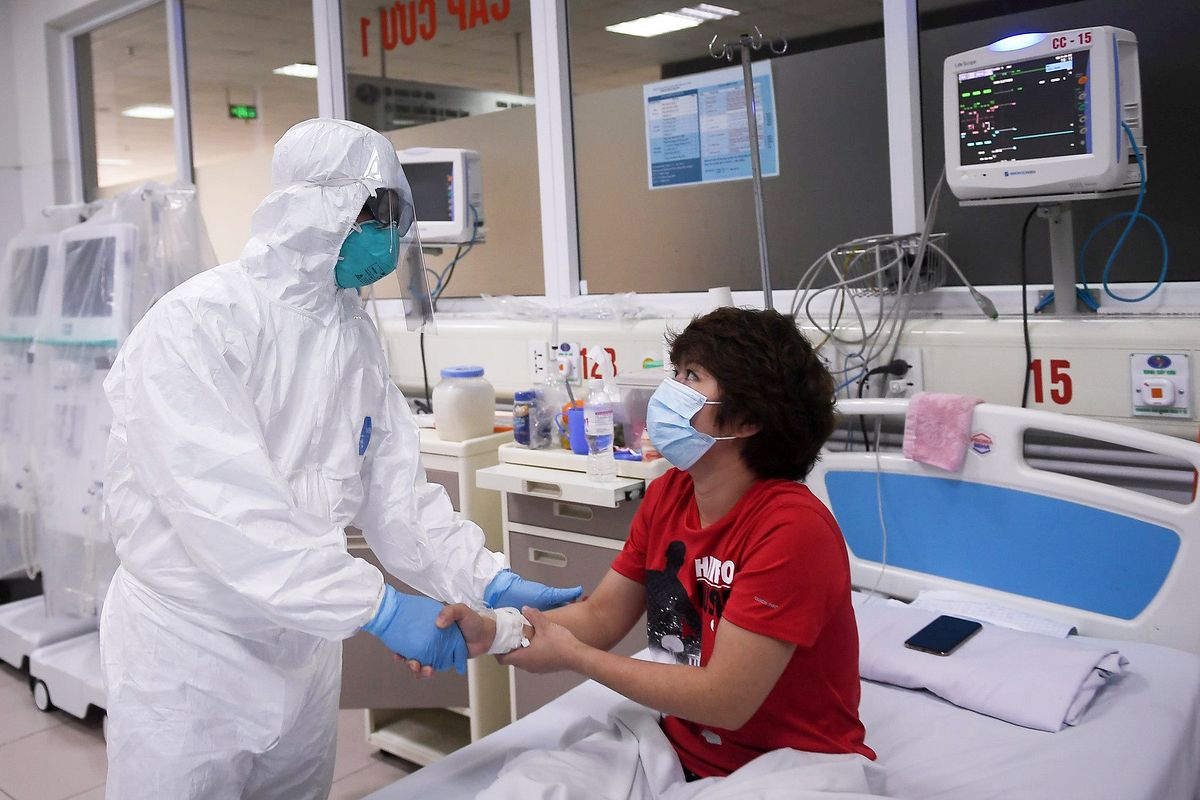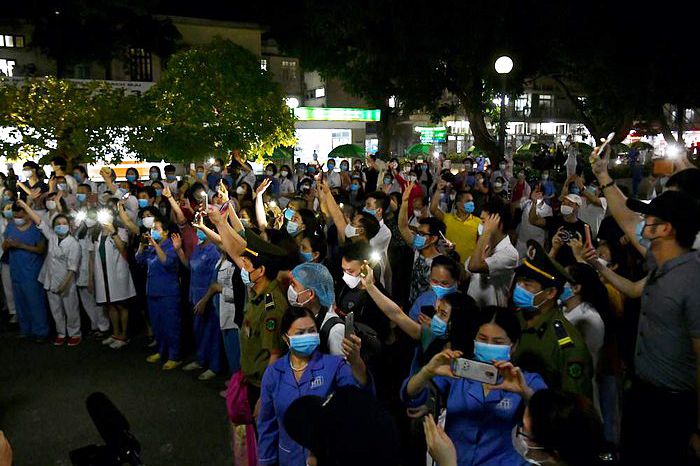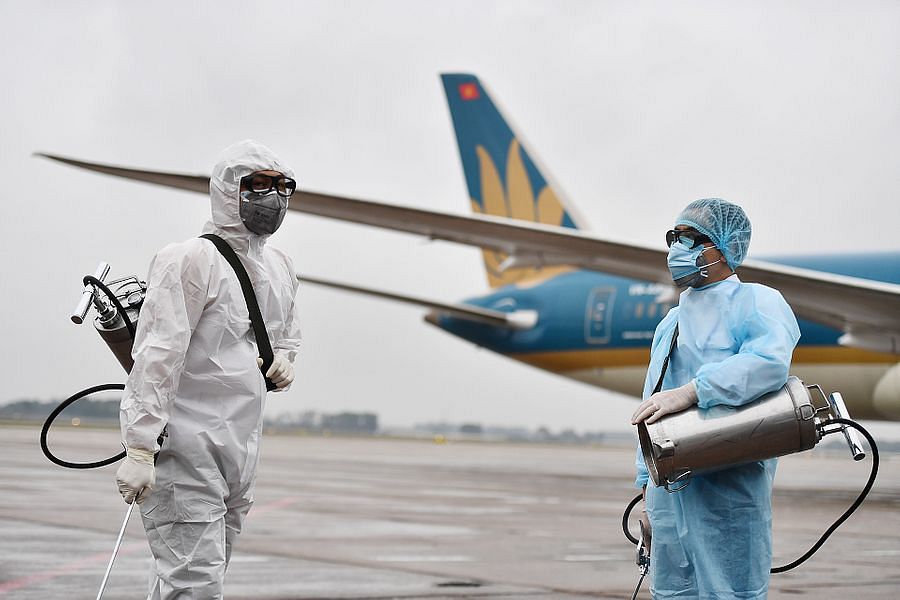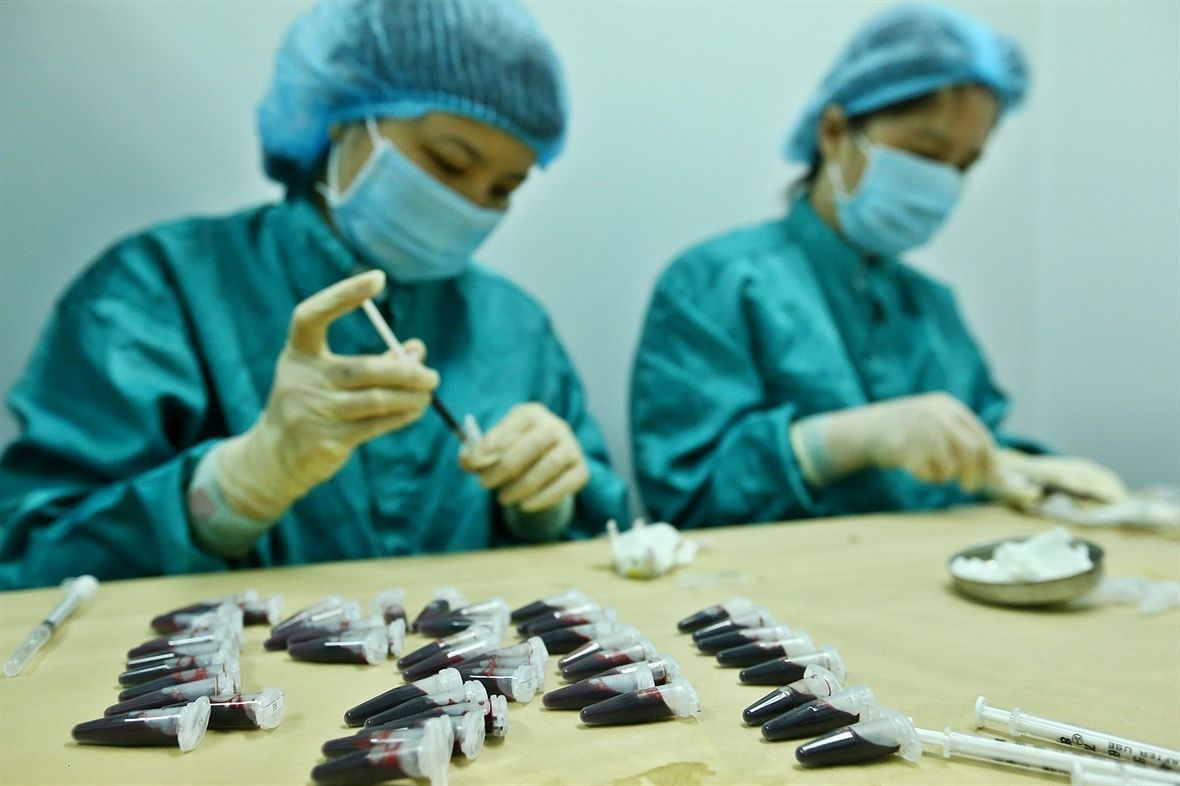Data from a study published in June 2020 suggests that, by the time field rat meat reaches restaurant tables, more than half of it is infected with coronaviruses.
In the Mekong Delta, grilled rice field rat is a popular drinking snack. In some northern provinces, people's love for rat meat goes far beyond just being a drinking dish. At times, the rodents are cooked as a staple dish for special guests, and even to serve at weddings.
A new study published on the open-access preprint repository bioRxiv, however, might prompt Vietnamese to think twice before munching on rat meat.
Published on June 17, the paper looks at supply chains of wildlife for human consumption in Vietnam at sites involved in rodent sales and processing, bat guano farming, and where bats usually roost near human dwellings. Samples were collected in Dong Thap, Soc Trang and Dong Nai provinces from January 2013 to March 2014 and tested for coronaviruses.
Coronavirus is a family of RNA viruses that live in wild animals, including lethal strains that cause SARS, MERS and, now, COVID-19.
The results show that 34% of field rat samples destined for human consumption and 74.8% of samples of bats in guano farms tested positive for coronaviruses. Among field rats served at restaurants, 55% of samples contained coronaviruses. SARS-CoV-2, the specific strain behind the COVID-19 pandemic, wasn't detected in any samples, though they were taken years before the ongoing pandemic began.
According to the researchers, this is most likely the result of the movement of multiple animal species through the supply chain, creating opportunities for interspecies and intraspecies mixing. "The mixing of multiple coronaviruses, and their apparent amplification along the wildlife supply chain into restaurants, suggests maximal risk for end consumers and likely underpins the mechanisms of zoonotic spillover to people," the paper writes.
The most surprising thing about this study, which aimed to examine different coronaviruses, is that it began seven years before COVID-19 appeared. Still, in the wake of the pandemic, the evidence provided by this study adds to the urgency of discovering data like this to find ways to reduce the likelihood of another coronavirus "jumping" from animals to humans in the future.
In the early 2000s, the market for field rats in Vietnam was valued at around US$2 million and was estimated to process 3,300–3,600 tons of live rats annually for consumption. According to the study, this consumption was fueled by the Vietnamese view that rats taste good and are cheap, healthy, nutritious and disease-free. Although there is still a market today, there has been no recent data published on its size.
[Photo by Nha Man via Nguoi Lao Dong]


